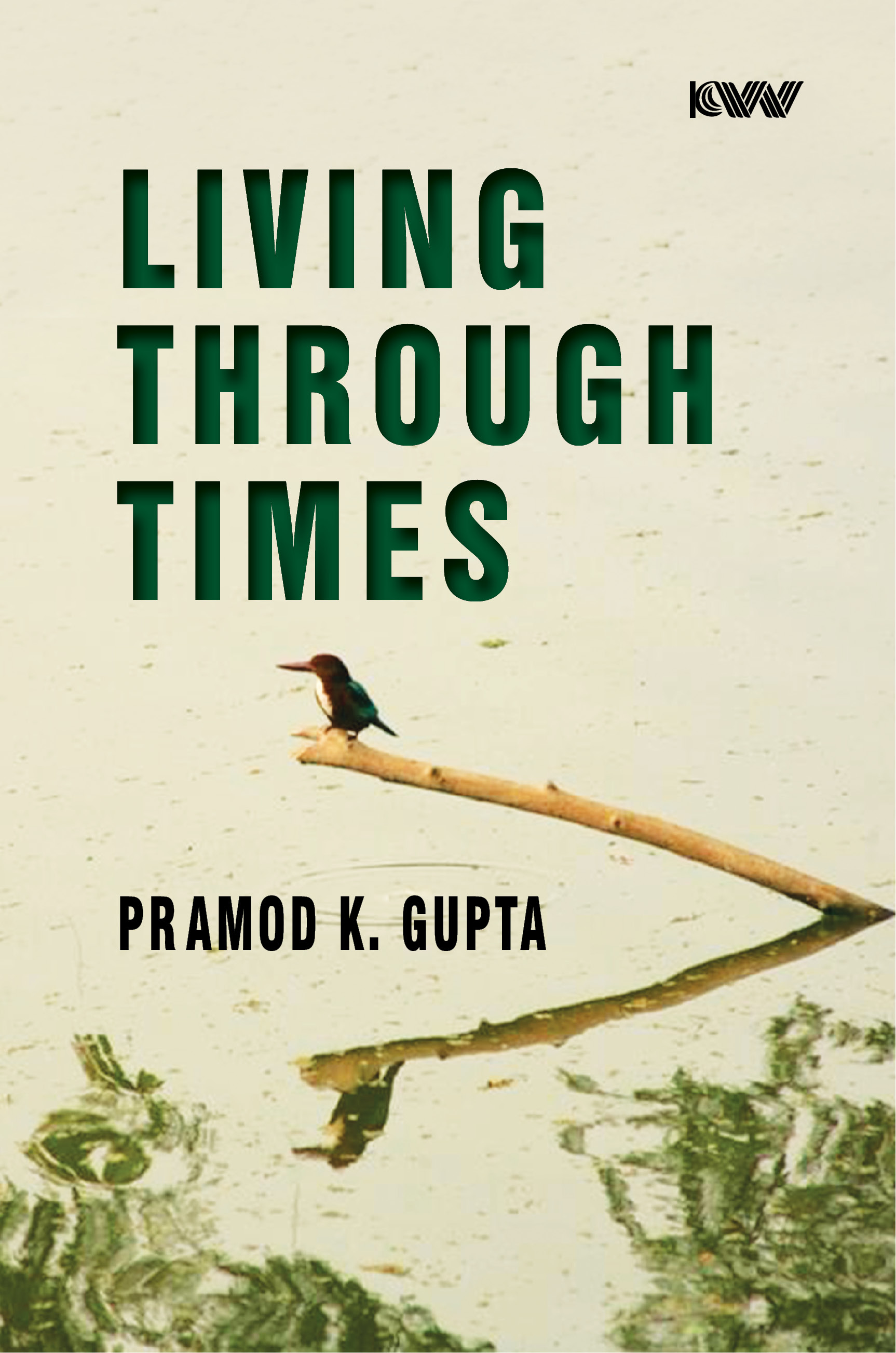Subjects
Recent View(s)
- Thimayya: An Amazing Life
- Afghanistan after the Western Drawdown
- Comprehensive Maritime Security in The Indian Ocean Region: Challenges and Opportunities
- Not An Accidental Rise Harsh Vardhan Shringla (Bangali)
- Living Through Times
- India’s Aerospace Power: The Central Asian Dynamics
- Afghanistan Under the Taliban: Pasts and Anticipations
- Global Review 2024
Living Through Times
Pramod Kumar Gupta
“Lest we forget at least an over the shoulder acknowledgment to the very first radical: from all our legends, mythology and history (and who is to know where mythology leaves off and history begins - or which is which), the very first radical known to man who rebelled against the establishment and did it so effectively that he at least won his own kingdom - Lucifer.”
– Saul Alinsky
“The evil of corruption reaches into every corner of the world. It lies at the heart of the most urgent problems we face—from economic uncertainty, to endemic poverty, to the ever-present threat of radicalisation and extremism.”
– David Cameron
“If I were a dictator, religion and state would be separate. I swear by my religion. I will die for it. But it is my personal affair. The state has nothing to do with it. The state would look after your secular welfare, health, communications, foreign relations, currency and so on, but not your or my religion. That is everybody’s personal concern.”
– Mahatma Gandhi
“Our new Constitution is now established, everything seems to promise it will be durable; but, in this world, nothing is certain except death and taxes.”
– Benjamin Franklin
Pramod Kumar Gupta, an exemplary officer of the Indian Revenue Service and a former CEO of the Confederation of Real Estate Developers Association of India expresses his thoughts on sundry issues confronting the nation today. ‘Living Through Times’,—the title of the book encapsulates the contents of the book. Having survived a Stroke in April, 2021, Gupta says it was like ‘life interrupted and life regained’ for him.
Last year he had penned down his thoughts primarily on life and relationships and his book titled ‘And Living Again’ was published. For him writing has been no means to an end, it has been an end in itself. As an irrepressible writer, he has now compiled his thoughts on issues which have been contemporaneous with India since 1947.
Pramod Kumar Gupta believes that everything that has existed, lingers in the Eternity. Time flies over us, but leaves its shadow behind. So, he talks about books which had a lasting impact on human minds. The controversies about the Jawaharlal Nehru University, corruption so endemic to India, the genesis and relevance of the bureaucracy, the way ahead for the IRS, the perennial issue of Secularism, the message of Ayodhya, nostalgia for places,—all find a place in the book. A thinking Indian may agree here and have a different view there, but it is worth a perusal.


 Political Science
Political Science
